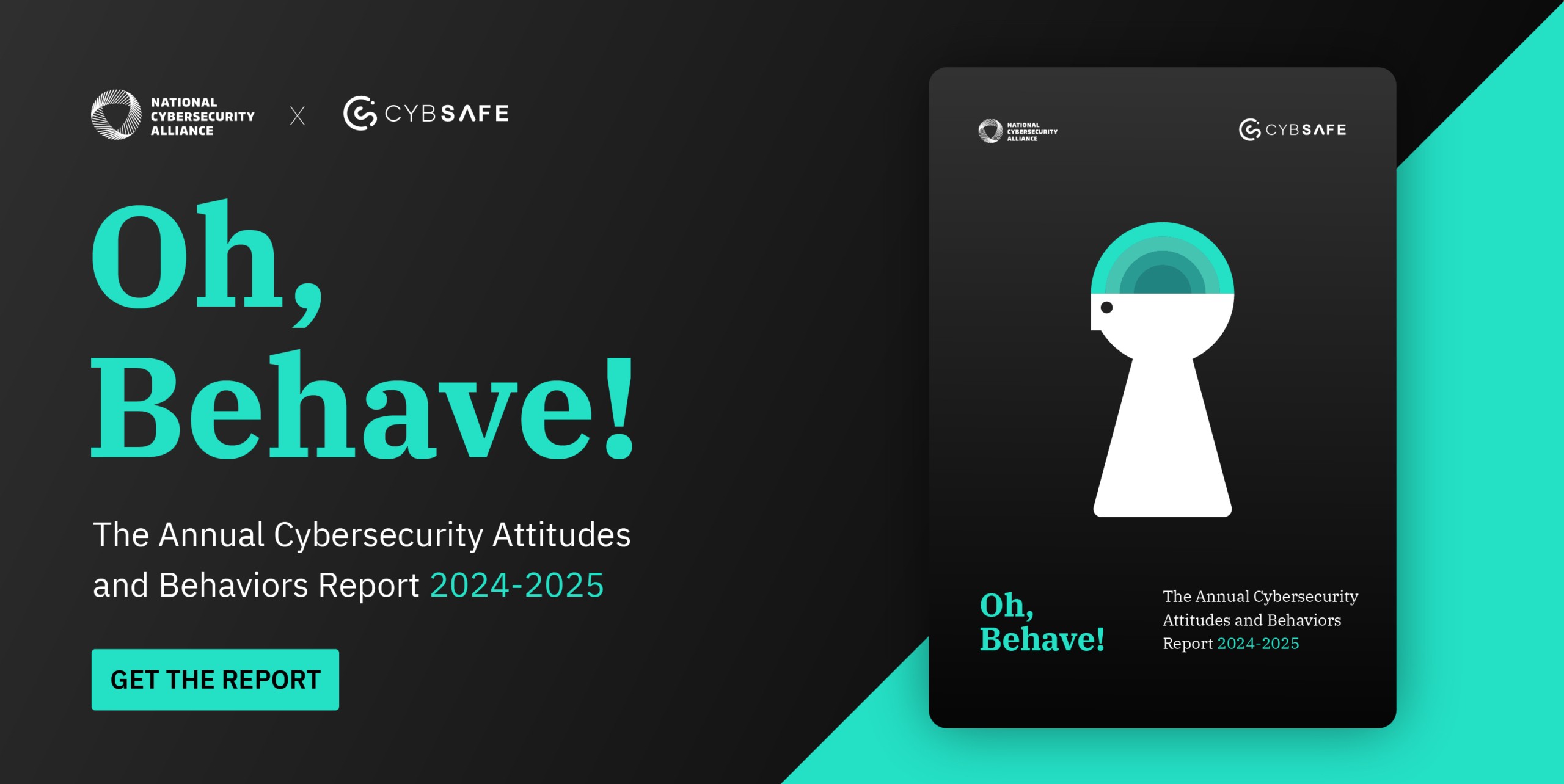
Your Guide to Online Safety
You have the power to stay safe online! Use our massive collection of resources to learn how to take control of your online life and find peace of mind in our interconnected world. We have hundreds of articles, videos, infographics, and more for you to learn from and share. Use our materials to raise awareness at home, work, school, or anywhere in your community!

What Are Common Crypto Scams?
Cryptocurrency investment scams are big business, but you can keep your wallet safe.

What Are Common Crypto Scams?
Cryptocurrency investment scams are big business, but you can keep your wallet safe.

Are Passwords Going Away? What You Need to Know About Passkeys
The future of logging in is already on your phone!

Are Passwords Going Away? What You Need to Know About Passkeys
The future of logging in is already on your phone!

10 Reasons Why You Need to Be At Convene: Cleveland
If you work at the intersection of people and security, then you got to join us this summer in Cleveland for our Convene conference.

10 Reasons Why You Need to Be At Convene: Cleveland
If you work at the intersection of people and security, then you got to join us this summer in Cleveland for our Convene conference.
Featured Articles
129
+ Articles

What Are Common Crypto Scams?
Cryptocurrency investment scams are big business, but you can keep your wallet safe.

Are Passwords Going Away? What You Need to Know About Passkeys
The future of logging in is already on your phone!

10 Reasons Why You Need to Be At Convene: Cleveland
If you work at the intersection of people and security, then you got to join us this summer in Cleveland for our Convene conference.
Videos
46
+ Videos
4 Categories

Kubikle Series
Trailer 1: Welcome to Kubikle — Cybersecurity comedy series

NCA
Set Automatic Updates on iPhone

Best Vacation and Travel Cybersecurity Tips
Whether you're lounging on a beach or hiking through the mountains, these days, you probably stay connected during your trip.

Best Vacation and Travel Cybersecurity Tips
Whether you're lounging on a beach or hiking through the mountains, these days, you probably stay connected during your trip.

Best Vacation and Travel Cybersecurity Tips
Whether you're lounging on a beach or hiking through the mountains, these days, you probably stay connected during your trip.

AI Fools: Stay Sharp!
An awareness campaign on AI-enabled scams & responsible AI use.

AI Fools: Stay Sharp!
An awareness campaign on AI-enabled scams & responsible AI use.

AI Fools: Stay Sharp!
An awareness campaign on AI-enabled scams & responsible AI use.

Oh Behave! The Annual Cybersecurity Attitudes and Behaviors Report 2024
Each year, the National Cybersecurity Alliance releases research to better understand the public’s security behavior and to act as a call to action for better secure habits online.

Oh Behave! The Annual Cybersecurity Attitudes and Behaviors Report 2024
Each year, the National Cybersecurity Alliance releases research to better understand the public’s security behavior and to act as a call to action for better secure habits online.

Oh Behave! The Annual Cybersecurity Attitudes and Behaviors Report 2024
Each year, the National Cybersecurity Alliance releases research to better understand the public’s security behavior and to act as a call to action for better secure habits online.
Resources
Initiatives
Special Campaigns
Mailing Address: 717 Coliseum Drive NW, Winston-Salem, NC 27106
©
2025
Copyright. Stay Safe Online, NCA. All Rights Reserved.
Resources
Initiatives
Special Campaigns
Mailing Address: 717 Coliseum Drive NW, Winston-Salem, NC 27106
©
2025
Copyright. Stay Safe Online, NCA. All Rights Reserved.
Resources
Initiatives
Special Campaigns
Mailing Address: 717 Coliseum Drive NW, Winston-Salem, NC 27106
©
2025
Copyright. Stay Safe Online, NCA. All Rights Reserved.
